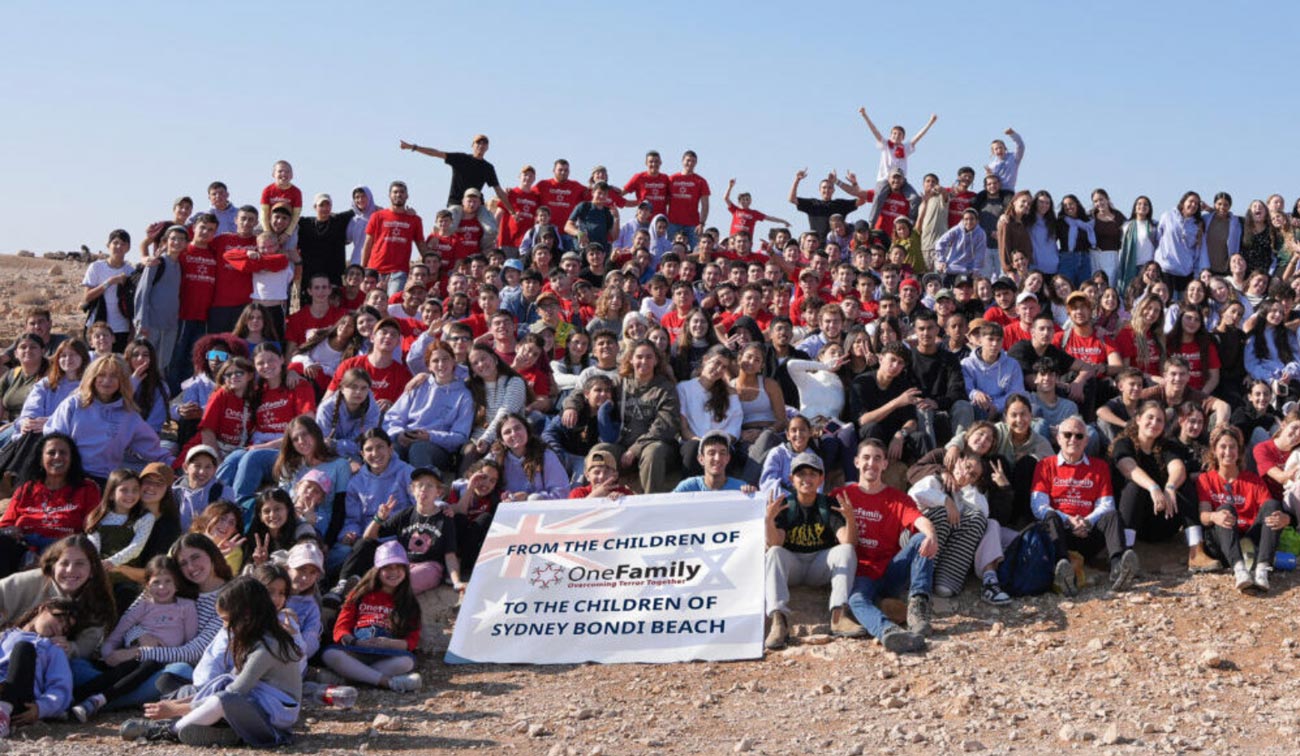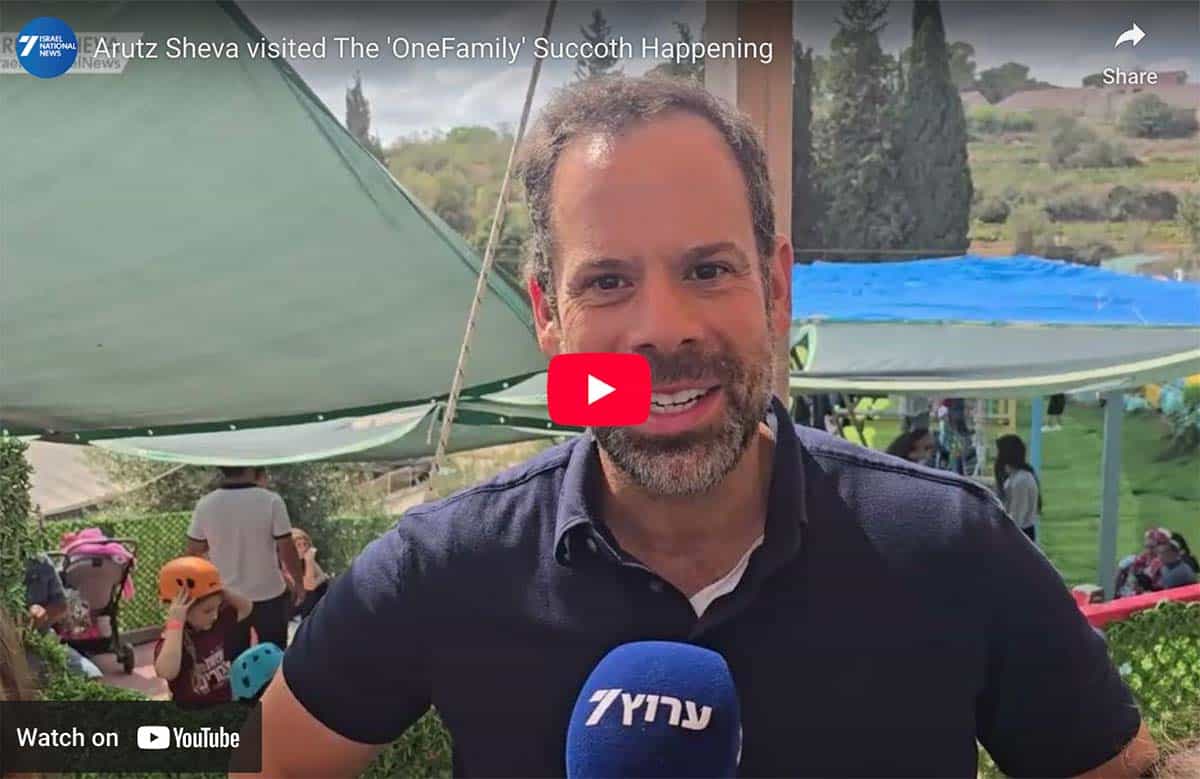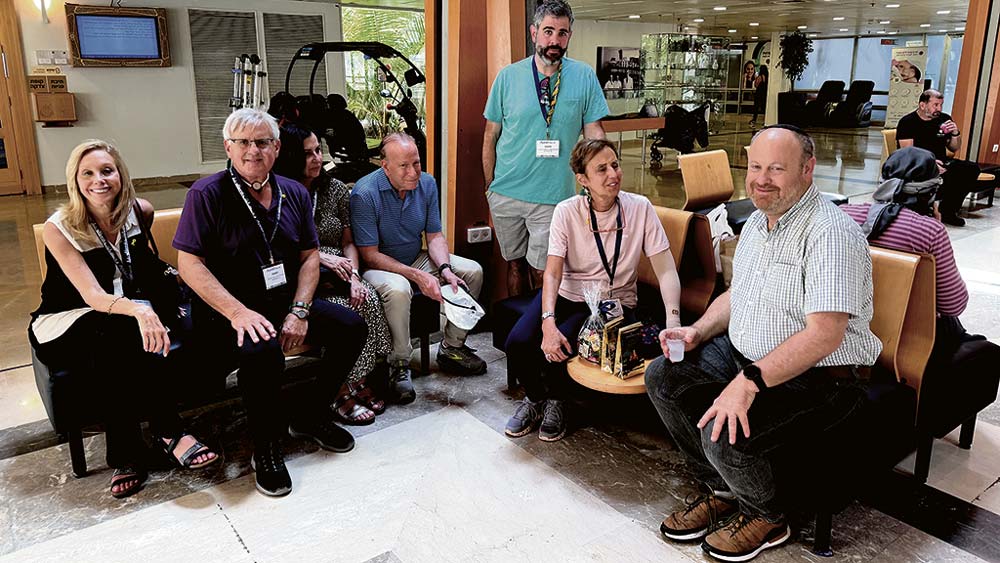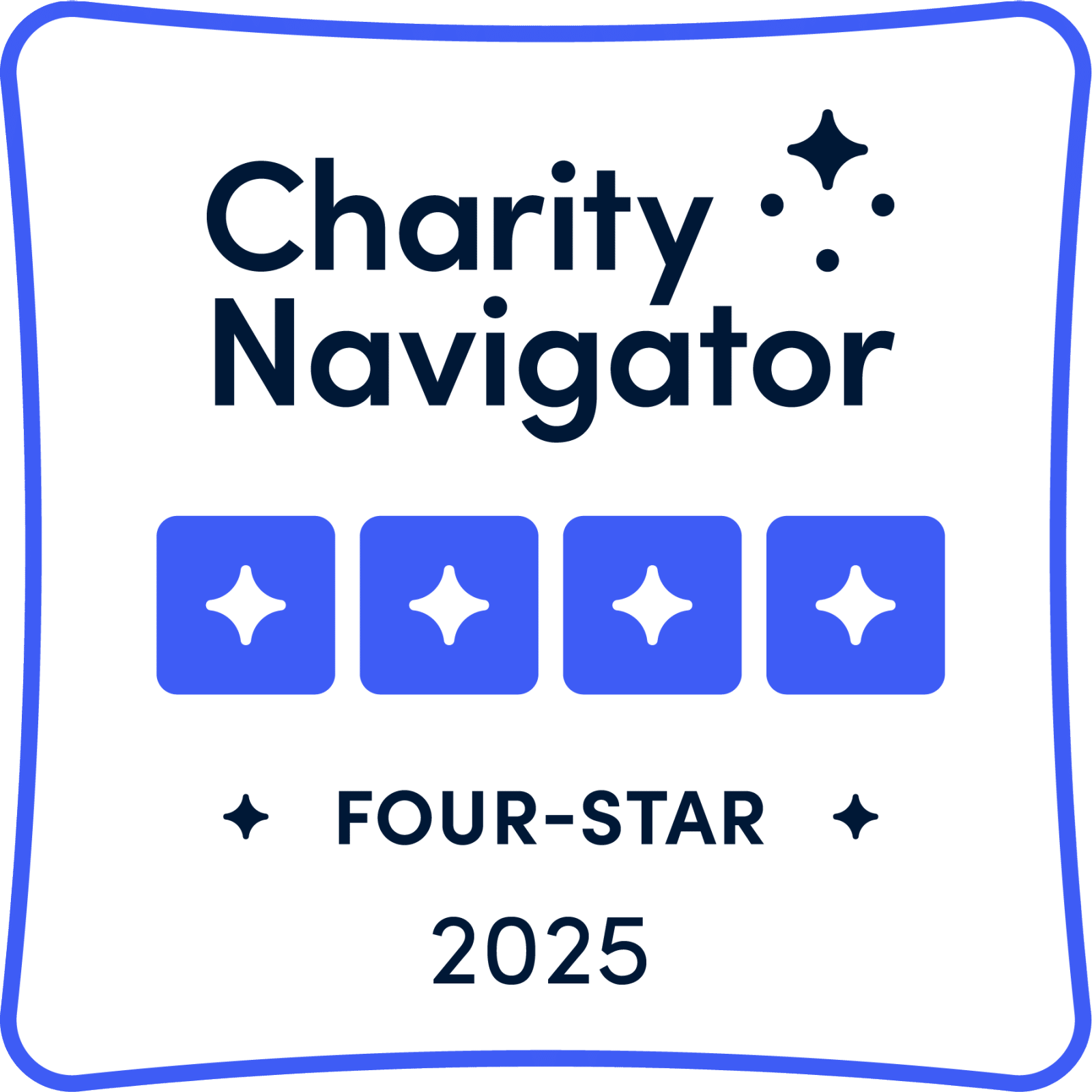Published in The Jewish News Syndicate (Original article)
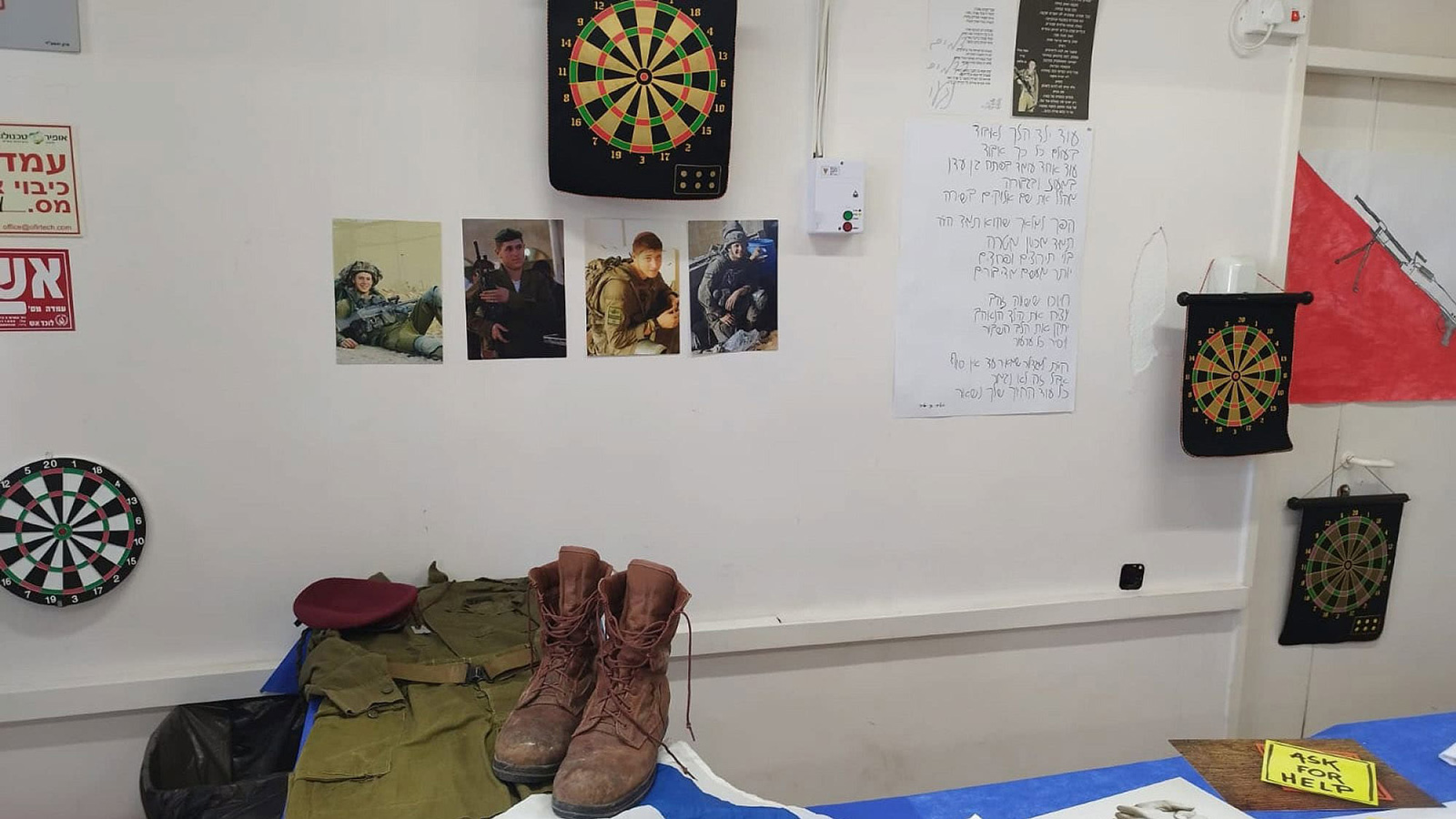
A tribute to Sgt. Maoz Morelle at Tzfira Girls High School in Moshav Tzafria, near Ben-Gurion Airport. Courtesy of the Morelle family.
Yom Hazikaron (Memorial Day for the Fallen Soldiers and Victims of Terrorism) is always somber in Israel. Unlike Memorial Day in the United States, which combines parades, gun salutes and wreath laying with joyful barbecues, waterfront picnics and sales on summer sundries, our Memorial Day is solely a Day of Remembrance.
It is a day to commemorate slain soldiers and has been extended to civilian victims of terrorism. Cemeteries, public venues and television and radio broadcasts reflect the somber tones of the day. On Monday, the newly bereaved from the Oct. 7 massacre and friends and family of soldiers killed in the Gaza war will be experiencing the raw feelings of their first Memorial Day, while most of the Israeli public is likely to be thrust back to the collective trauma that began seven months ago.
“This year’s Yom Hazikaron is unique,” explains Marc Belzberg, founder of OneFamily, an NGO that supports victims of terrorism and their families. “Virtually every single person in Israel and many Jews around the world are connected in some way to at least one person who has been tragically killed on or since October 7. We all are feeling an iota of the loss that the bereaved feel every single day.”
This year, OneFamily has created individual, collective and national Memorial Day programming. Over half of the 400 people being hosted for a three-day retreat at the Dan Panorama Tel Aviv just before Memorial Day are parents who lost children since Oct. 7. The remainder were bereaved following previous terrorist attacks and wars.
Family members participated in community-building exercises, group therapy, creative workshops and immersive tours of Tel Aviv. Ultra-Orthodox entertainer Shuli Rand performed. The retreat, an annual initiative, has many more participants this year.
Marcy Oster, a resident of Karnei Shomron in Samaria, who lost her son Sgt. First Class (res.) Amichai Oster in Gaza on Jan. 1, told JNS, “Until now I wasn’t ready to be in a room with other bereaved families.
“I am still in that place where I cry several times a day. I don’t know how I could absorb other people’s sadness on top of my own. But I need something. To be in a room with other people who really understand.”
She was dreading Memorial Day. “Ever since I made aliyah, Memorial Day was such a powerful day,” she said. “It means something. It always felt important to be a part of it even before my kids were in the army. But this year, everyone in our house has been dreading this. Our first Pesach without him was so hard, and now we are going right into Memorial Day.”
Previously as a soldier, Amichai was assigned on Memorial Day to accompany Givati Brigade families who lost children, Oster said. This year she will be the one accompanied. Another son, also in the army, will be with his family.
“I have no idea how we are going to get through this,” she said. “Even if we wanted to, we couldn’t stay under the covers and not surface until Wednesday.
An editor and writer, Oster is working hard to ensure that her son’s memory is preserved in a way that reflects who he was. She says she has lost track of the number of events at which the family is scheduled to speak. They are speaking in Tel Aviv, electronically, to their native Cleveland, and at a ceremony at the Karnei Shomron cemetery, where Amichai will be added to the Shvil Hagiborim (“Trail of Heroes”) that lines the pathway to the graveyard.
The jarring transition to Independence Day on Monday evening is also going to be hard. In her family, Independence Day was spent singing and playing instruments. “Amichai played flute and guitar along with other family members,” Oster said. This year, they will decide whether to sing or not.
Thirteen alumni
Ohr Torah Stone, a Modern Orthodox network of 32 educational and social institutions and programs, is also relating differently to this Memorial Day. Thirteen alumni and 31 members of the extended OTS family (fathers, siblings and children of students and faculty) of the Ohr Torah Stone network have been killed since Oct. 7.
“This year we are all mourners,” Rabbi Dr. Kenneth Brander, president and rosh yeshiva of Ohr Torah Stone, said. “It’s not just a national story; it’s a personal story. We all have friends and people we know, who either lost their lives or left limbs on the battlefield.”
One of Ohr Torah Stone’s post-high school programs for women who want to serve in the army, Midreshet Lindenbaum in Lod, chose 10 families of slain soldiers, interviewed the families and created a Memorial Day curriculum for a school in Lod, talking about the lives of the 10 soldiers.
Neve Chana Girls High School, near Alon Shvut, created 33 mosaics representing Israeli communities that were attacked in the Hamas onslaught. They will be displayed in the Sderot auditorium where this year’s Israel Prize award ceremony will be held on Independence Day.
Neve Shmuel Boys High School in Efrat, which lost 10 alumni, invited parents and siblings to mass singing event titled “Our Brother is Lost” with musician Aharon Razel alongside a music video recorded by the students with the families of fallen alumni as well as families of students who lost father/brothers.
“The students are building these programs on their own, using diverse ways of expressing their feelings this year,” Brander said. “An art display at Oriah High School featured luggage with windows, doors and interior lights, representing the families forced to leave their homes. Their luggage is their home.”
‘Nothing to dread anymore’
Hannah Katsman, the mother of Hayim, who was killed while trying to protect a neighbor at Kibbutz Holit on Oct. 7, says that she avoided Memorial Day in the past.
Hayim was a peace activist with a doctorate from the University of Washington in Seattle. “I’m not sure how he would feel about Memorial Day,” Hanna admitted. She said that many of the families feel it is inappropriate for politicians to speak at the Memorial Day ceremonies this year.
“I haven’t been to the cemetery since the funeral,” she said. “It will be OK. On Memorial Day I am going to go to the cemetery. It’s something I have to get through. There’s nothing to dread anymore.”
Lessons from Maoz’s life
Although her son Paratrooper Sgt. Maoz Morelle was killed in Gaza in mid-February, and the wounds are very fresh, Varda Morelle from Talmon in the Binyamin region of Samaria says Memorial Day allows her to share lessons from Maoz’s life with others.
“Between the mourning period, interviews, speaking engagements and initiatives leading up to Memorial Day, we have been kept very busy and it’s been good to be pulled into this connection with our son and his legacy,” Varda explained. “It makes you feel like his life is a legacy for the next generation.”
She said she doesn’t know how she will feel on Memorial Day, but the events that she participated in, such as addressing a group of paratroop recruits going on their first training hike, attending a performance of a song written about Maoz by students at a girls high school and speaking to high school students who designed a memorial room just for him, were emotionally charged and meaningful.
“When we find out that aspects of Maoz’s life have impacted others, we feel like his heroism is displayed in everyday life. We are still processing it. Losing a son, a brother is one of the worst things in the world. His last act was saving his friends’ lives. It gives us a lot of strength and comfort.
“I’m actually dreading the period after Memorial Day when the excitement and activity will die down,” Varda said.
Coping tips for Memorial Day and Independence Day
Social worker and psychotherapist Avi Har Tuv runs men’s groups for Hakshev (“Operation Attention” volunteers connect people who need psychological assistance as a result of the consequences of the war with therapists) and bereavement groups for OneFamily. He said that with hundreds of families simultaneously joining the bereaved family circle, this Memorial Day is very different from previous ones.
“This year, anyone who turns their head to the right or left will see someone who lost somebody with a personal story that breaks hearts,” Har Tuv explained.
He added that most people are on edge and irritable with small matters triggering immense reactions. He has noticed among individuals and communities a break in trust. There is an overall loss of trust in the community, our leadership and the army.
“Parents no longer trust themselves to defend themselves and their families,” he continued. “Memorial Day is likely to trigger everyone profoundly. It takes all the bereavement of 76 years and makes it tangible.”
Here are some of Har Tuv’s tips: Do attend a memorial program. It’s important to go to ceremonies. It helps us face our sadness while not alone.
• Prepare for Memorial Day by doing things that lower stress and increase resilience. He suggests yoga exercises, meeting a friend for coffee, calling someone and having a chat, taking a walk, writing a poem, drawing a picture, going for a massage.
• Watch less TV, especially the news, and when thoughts bring you to despair, develop techniques for shifting gears. Reach out and listen to someone else. Giving has great advantages for both the one being given to and the giver.
• Men, look for special men’s groups. Your emotions are legitimate, and you are allowed to light a candle and cry. Join one of the 60 men’s circles across the country being offered by Hakshev.

